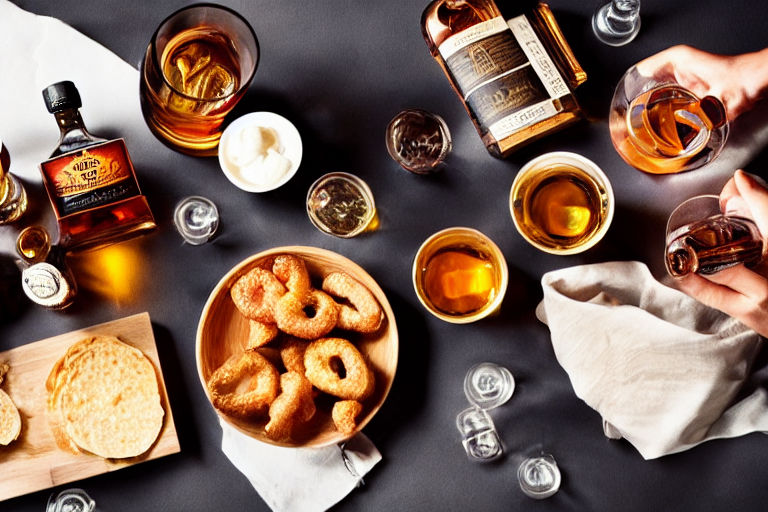The History of Cocktails - From Classic to Modern Trends and Techniques
Cocktails have been an integral part of socializing for centuries. With a wide range of classic cocktails to modern twists, cocktail culture has evolved to become an art form in itself.
The Beginning of Cocktails
The origin of the word "cocktail" is unclear, but there are a few theories. One theory is that the word comes from the French word "coquetier", which means an eggcup. In the early 1800s, bartenders used to serve drinks in a special type of glass that resembled an eggcup.
According to another theory, the word cocktail was created in America. The first known publication of the word was in a newspaper in New York in 1806, where it was defined as "a stimulating liquor composed of any kind of sugar, water, and bitters, vulgarly called a bittered sling."
The Golden Age of Cocktails
The late 1800s and early 1900s saw some of the most iconic cocktails being created. This era is known as the Golden Age of Cocktails, and it was during this time that classic cocktails like the Martini, the Manhattan, and the Old Fashioned were invented.
One of the most famous bartenders of this era was Jerry Thomas, who is known as the father of American mixology. He wrote the first book on cocktails, called "How to Mix Drinks", which was published in 1862. His book contained recipes for hundreds of cocktails, including his most famous creation, the Blue Blazer.
The Prohibition Era
The Prohibition Era, which lasted from 1920 to 1933, was a dark time for cocktail culture. The law prohibited the sale and consumption of alcohol, which forced cocktails underground. As a result, the cocktails that were created during this era were often made with low-quality alcohol and mixed with other ingredients to mask the taste.
However, this era did lead to the creation of some classic cocktails like the Sidecar and the Daiquiri.
Modern Trends and Techniques
In recent years, cocktails have had a resurgence in popularity, with many modern twists on classic cocktails being created. Bartenders have become more experimental, using unusual ingredients and techniques to create new and unique cocktails.
One of the most popular modern techniques is molecular mixology, which involves using scientific methods to create cocktails. Examples include using liquid nitrogen to create a frozen cocktail or using a centrifuge to clarify a cocktail.
Another trend is the use of locally sourced and seasonal ingredients. Bartenders are now using fresh herbs, fruits, and vegetables in their cocktails, which not only tastes delicious but also adds a visual element to the drink.
Conclusion
Cocktails have come a long way since their inception in the early 1800s. From classic cocktails created during the Golden Age of Cocktails to the experimental modern twists of today, cocktail culture is constantly evolving.
No matter what your preference is, it's clear that cocktails are here to stay, and we can't wait to see what new trends and techniques will emerge in the future.



